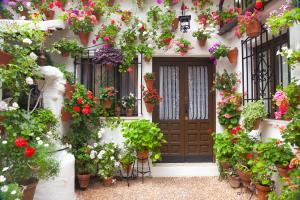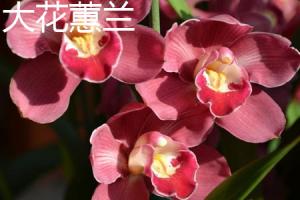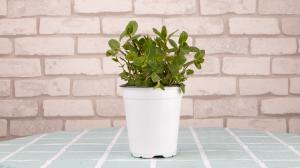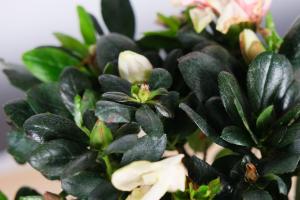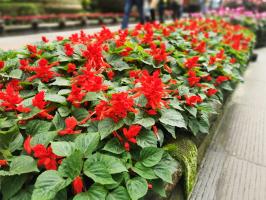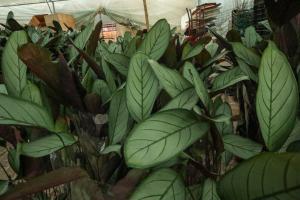Are Plants Grown in Plastic Pots Organic?
Organic gardening is becoming increasingly popular as people become more aware of the impact that pesticides and other chemicals can have on the environment and their health. But when it comes to growing plants in pots, many gardeners wonder whether the use of plastic containers affects the organic status of their crops.
The Plastic Pot Debate
Plastic pots are often used in gardening because they are durable, lightweight and easy to move around. However, concerns have been raised about the potential for harmful chemicals in plastic to leach into soil and ultimately affect the organic status of plants grown in plastic containers.
One of the main concerns is the use of bisphenol A (BPA), a chemical found in many plastic products, including some plastic pots. BPA has been linked to a number of health problems, including cancer and hormonal imbalances, and it is thought to be particularly dangerous when it comes into contact with food or drink.
However, not all plastic containers contain BPA, and some manufacturers have started to produce BPA-free alternatives. It is important to check the packaging of any plastic pots you buy to ensure that they are free from potentially harmful chemicals.
The Organic Standards
The use of plastic pots does not automatically make plants non-organic. The National Organic Program (NOP) in the United States allows for the use of plastic containers as long as they are not treated with prohibited substances and do not come into contact with prohibited substances during the manufacturing process.
Prohibited substances include synthetic fertilizers and pesticides, and any contact with such substances would disqualify plants from being considered organic. Gardeners who are growing plants in plastic containers should therefore avoid using chemical fertilizers or pesticides and instead opt for organic alternatives.
Organic Alternatives to Plastic Pots
For gardeners who are concerned about the potential risks associated with plastic containers, there are alternative options available. Some alternative materials for plant pots include:
Terra cotta
Wood
Bamboo
Paper pulp
Coconut coir
These materials are all natural, renewable and biodegradable, and they offer a safe and eco-friendly alternative to plastic.
The Bottom Line
While plastic pots can be a convenient option for growing plants, it is important to consider their potential impact on the organic status of crops. By choosing BPA-free plastic and avoiding contact with prohibited substances, gardeners can still grow organic plants in plastic containers.
However, for those who prefer to avoid plastic altogether, there are plenty of natural and eco-friendly alternatives available. Whatever pots you choose, just remember to stick to organic growing methods to ensure a healthy and sustainable garden.

 how many times do yo...
how many times do yo... how many planted tre...
how many planted tre... how many pine trees ...
how many pine trees ... how many pecan trees...
how many pecan trees... how many plants comp...
how many plants comp... how many plants can ...
how many plants can ... how many plants and ...
how many plants and ... how many pepper plan...
how many pepper plan...